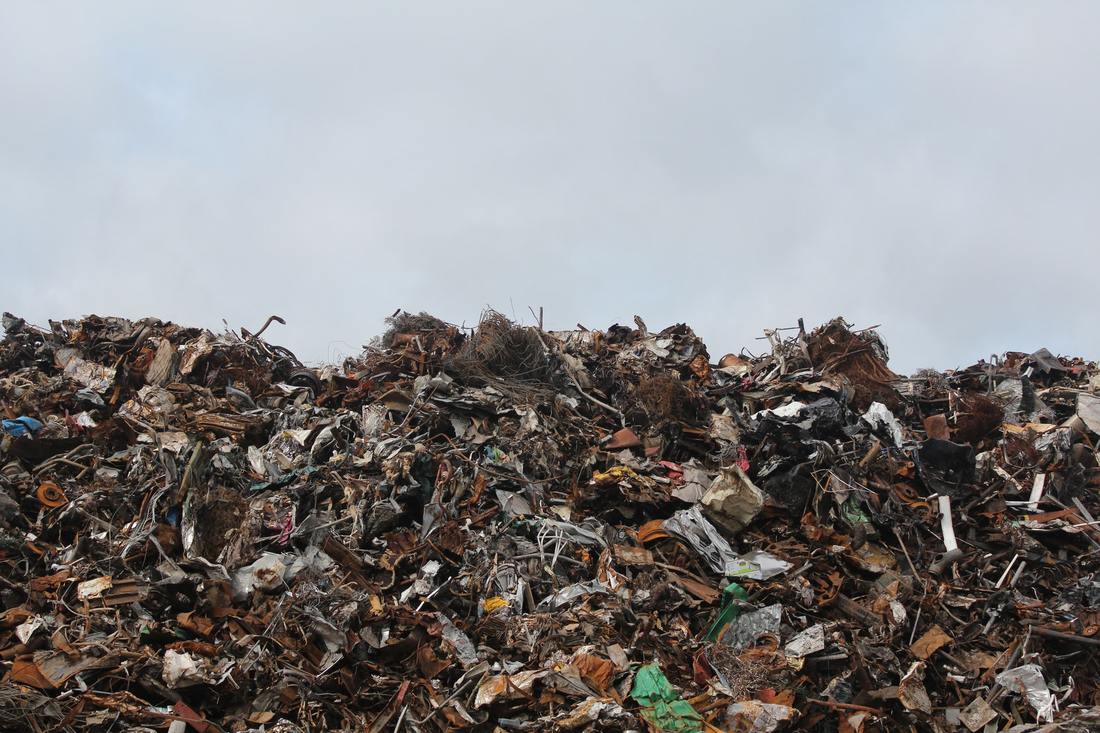|
With the green generation leading the way, consumers are starting to care about the environmental impact of the products they buy. As a result, businesses are following the same eco-friendly path in order to help the environment, whilst capitalising on the growing demand and saving money with reduced energy costs. Specialist Chartered Accountants can help you implement them so everyone wins. Small Business Advice Week takes a look at 5 simple ways your business can save money through green initiatives. Innovative and Renewable Energy Renewable energy sources such as wind, solar, and geothermal have been impacting the business world for many years. However, innovative methods of sourcing energy are now more mainstream than ever and will continue to grow throughout 2018 as the technology is refined, becoming ever more cost-effective. On an everyday basis, lowering an office’s energy consumption can also be achieved through simple changes such as the use of smart thermostats, better insulation and replacement of incandescent light builds with LED bulbs. Businesses can even offset their usage and costs by implementing renewable methods such as solar panelling. Zero-Waste Whether its energy, products/supplies, or food, any waste directly goes against green behaviour, which can damage your reputation, as well as your bottom line. Reports suggest that 70 billion pounds of food is thrown away each year in the US alone, creating more greenhouse gases and global warming potential than carbon dioxide. As a result, many restaurants, supermarkets, and even food producers are cutting back on waste by developing zero-waste stores and donating leftover food to causes such as homeless shelters and food banks. Advances in Plastic Recycling 2018 is set to be of vital importance when it comes to the issue of recycling plastic. This problem has been a common focal point in green projects in previous years and continues to cause concern. 150 million tons of plastics are produced every year and with only a small fraction being recycled the majority ends up in landfills and the oceans, slowly killing us. Recent developments in new plastics that are easier to recycle along with innovative findings on how to efficiently recycle exciting plastics are all set to play their part in reducing waste. However, businesses are being encouraged to do what they to help the planet by acknowledging the importance of recycling plastics. Companies can drastically reduce their carbon footprint in a low-cost manner by simply adding recycling bins to their offices or offering plastic-free alternatives. Sustainable Advertising Marketing and advertising departments play an important role in every company, especially when it comes to reducing their environmental impact. Eco-friendly advertising trends and methods are becoming more and more popular with, for example, companies choosing to advertise on billboards that also have an ecological benefit (hosting an urban garden or purifying the air). Departments are also reducing their use of paper products which not only helps the environment but also saves on printing/advertising costs. Eco-friendly packaging The packaging your company uses is a relatively simple, cheap and easy change to show your commitment to eco-friendly causes. Companies can go green by opting for eco-friendly materials and following key principles such as easy disposal, great versatility (for reuse) and avoiding plastics. Small Business Advice Week has looked at Clean Growth Strategies for SMEs, for more advice on how to save money through green initiatives head to
For many small businesses, late payments from customers and clients are not only problematic, but can feel like a depressing inevitability. A 2016 study by Ormsby Street revealed that only four out of every ten new small businesses are still trading after five years, with poor cash flow resulting from late payments being one of the main causes for businesses failing. Prior to last year’s snap general election, Labour leader Jeremy Corbyn also highlighted the issue, pledging in a speech at the Federation of Small Businesses to “declare war on late payment”, particularly highlighting the problem of large, well-established firms withholding payments from smaller businesses in their supply chain. Small Business Advice Week takes a look at just how damaging late payments can be, and how to avoid them. The Problem of Late Payments Whatever way you look at it, late payments are a problem. When payment terms have been agreed in advance, both parties have an obligation to stick to those terms – and that applies equally whether the payer is an individual customer or client, or another business. So how can small businesses start saying “no” to late payments? One solution could be to move to collecting payments by Direct Debit. There are two reasons why big businesses such as energy providers and phone companies prefer payment by Direct Debit: 1) it helps them be in control of their cash flow and 2) it is more convenient for the customer. Yes, there is still scope for payments to be missed due to insufficient funds in the payer’s account, but for the most part it means these businesses know how much money is coming in, and when. This helps ensure healthy cash flow and ultimately that makes every aspect of running a business and forward planning that much easier. And this is no less true for smaller businesses. How you can Start Saying ‘No’ to Late Payments But how do you start saying ‘no’? It may be easier said than done, but there are ways around it - in this instance Direct Debit can make the difference. It can be surprisingly straightforward to set up Direct Debit. While banks usually only provide Direct Debit collection facilities to bigger companies with a high turnover, it’s possible for smaller businesses, anything from nurseries to accountants, to partner with third-party payment processors to take advantage of the Direct Debit system. Fees tend to be fairly low – generally lower than processing debit or credit card payments – and once you’ve signed up Direct Debits are easy to set up and maintain, giving you more control over payment collection. For small businesses, Direct Debit can provide convenience and peace of mind and – perhaps most importantly – can reduce the amount of time and money spent chasing late payments and arrears, as well as positively impacting cash flow. But what’s in it for the other party? A ‘win-win’ for all? The truth is that Direct Debit can be a win-win solution for everyone involved. For your customers, they have the convenience of knowing that once the Direct Debit is authorised, payments will be collected automatically from the designated account without them having to lift a finger. It’s worth remembering that not all late payments are deliberately or wilfully withheld – sometimes the customer might just have forgotten to make the payment, or may have been ill or otherwise unable to meet their commitments. Direct Debit avoids such issues by deducting funds directly on the agreed date. Some customers may be reluctant to sign up for payment collection by Direct Debit, perhaps due to a misconception that it gives companies a free pass to take whatever they want, whenever they want. In reality, the Direct Debit scheme offers customers substantial protections and transparency compared to some other payment methods. Customers will be notified 3-10 working days in advance of any change to the payment amount, date or frequency; they are also covered by the Direct Debit Guarantee, which promises a no-quibble immediate refund of any amount that is collected in error. When properly informed, many customers can see the advantages in payment collection by Direct Debit. So, consider whether 2018 should be the year when you start saying “no” to late payments, and switch to a collection method that gives you back control of your cash flow and your business. This post was written by London and Zurich, who help Small Businesses manage their direct debit payments.
|






 RSS Feed
RSS Feed
